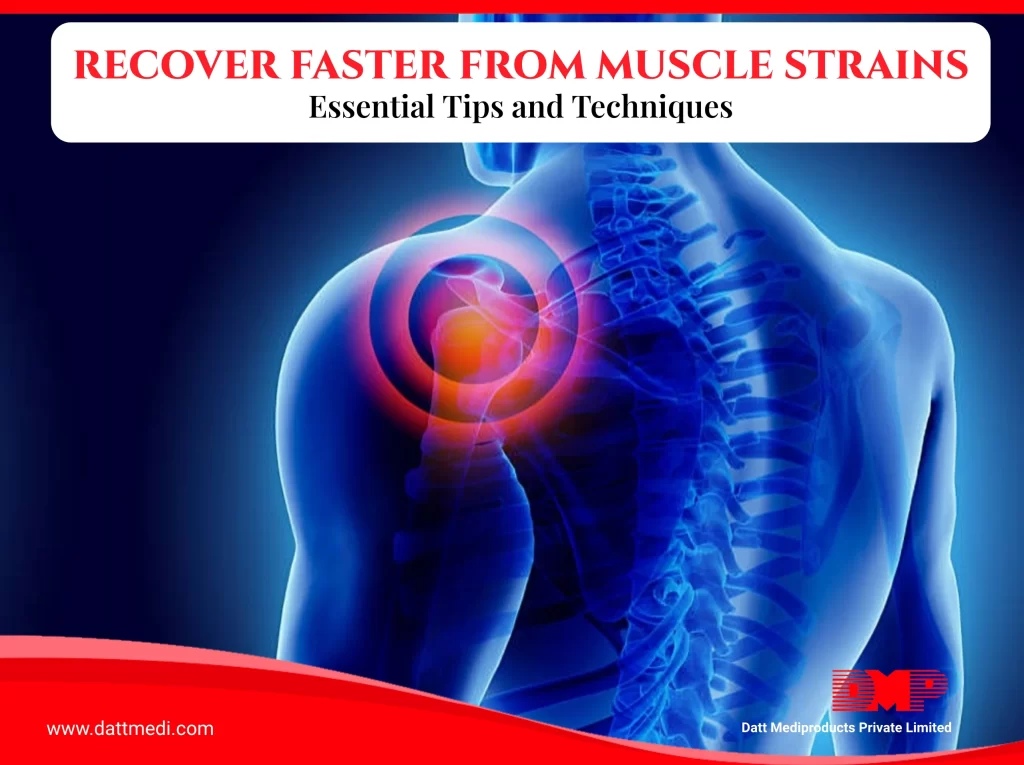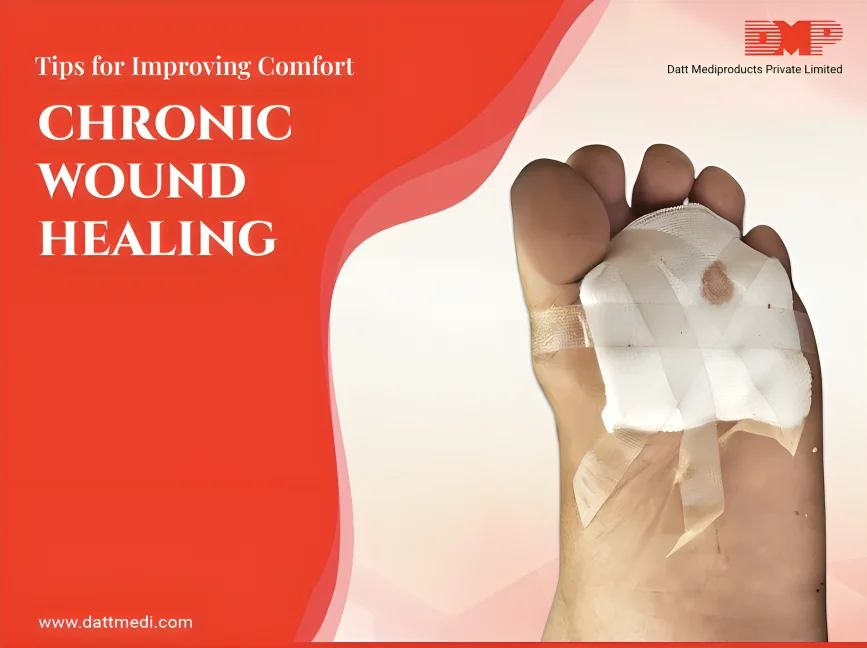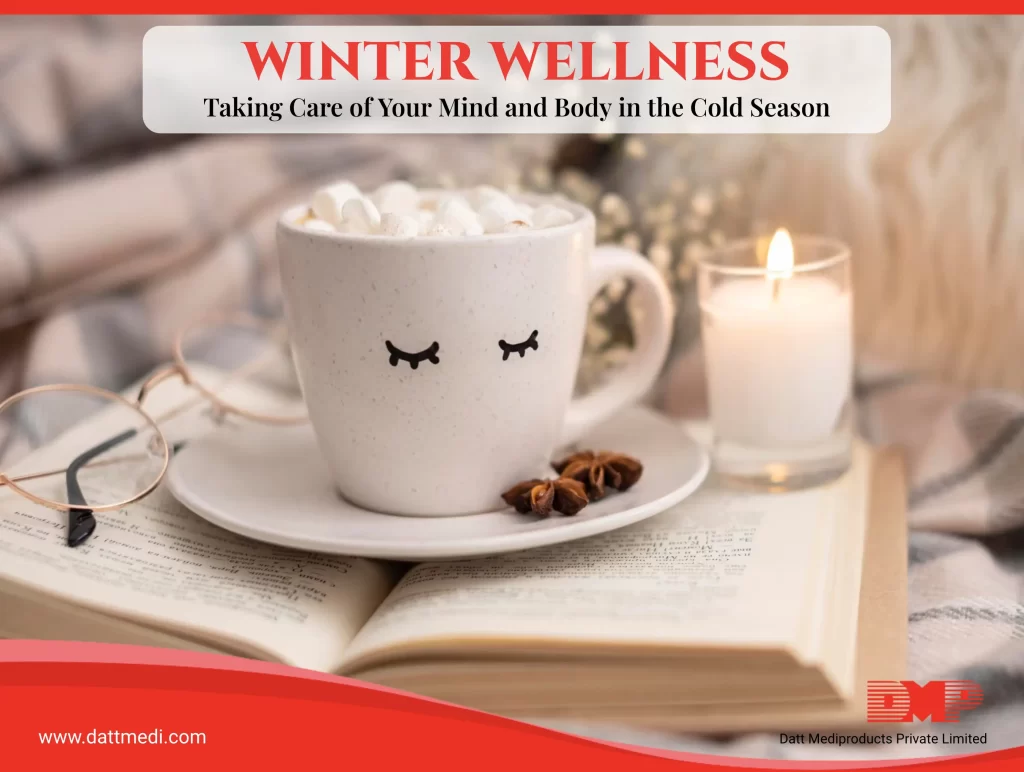
5 Signs Your Wound Might Need a Doctor’s Attention
Wound are a common part of life, whether from minor cuts, surgical procedures, or injuries. While most heal on their own with proper care, some wounds can develop complications that require medical attention.
Ignoring early warning signs can lead to infections or even severe health risks. Knowing when to seek medical help can make all the difference in ensuring a safe and speedy recovery.
Here are five key signs that indicate your wound might need professional care:
1. Increased Redness Around the Wound
A slight redness around a wound is normal, especially in the first few days. However, if you notice the redness spreading outward or deepening in color, it could be a sign of infection. This may indicate your immune system is fighting off bacteria, and medical treatment might be necessary.
When to worry: If the redness continues to expand or is accompanied by pain, swelling, or warmth, it’s time to consult a doctor.
2. Swelling or Warmth Around the Wound
Swelling is a natural response to injury; involving increased blood flow, the body’s immune response acting as a buffer to protect the injured area. But swelling should be continually decreasing, excessive swelling or warmth around the wound could mean trouble. These signs often indicate that your body is responding to an infection.
What to look for: If the wound becomes significantly puffy, feels hot to the touch, or the swelling doesn’t subside within a few days, it’s best to seek medical advice.
3. Pus or Unusual Discharge
One of the clearest signs of infection is pus — a thick, yellow, green, or foul-smelling fluid coming from the wound. A properly healing wound should not have significant discharge beyond a small amount of clear fluid.
Act quickly if: You notice pus, a bad odor, or an increase in drainage, as these are strong indicators of bacterial infection requiring immediate attention.
4. Increased Pain or Tenderness
Pain is expected after an injury, but it should gradually decrease over time. If your wound becomes more painful instead of improving, it may indicate an underlying issue like infection or delayed healing.
Red flag: If touching the wound becomes increasingly painful, or if discomfort spreads beyond the injury site, a doctor should assess the situation.
5. Fever or Chills
While mild fever (below 100°F/ 38°C) can be a part of the healing process, high fever or persistent fever may indicate a more serious issue. High grade fever can be the body trying to fight harmful bacteria, viruses or fungi that have invaded the wound. This requires immediate care as it can get worse very easily.
Seek urgent care if: You experience a fever over 100.4°F (38°C) or chills along with any of the other symptoms listed above.
Importance of Clean and Safe Wound Dressings
Using the right wound care products can significantly reduce the risk of infection and promote faster healing. Proper wound dressings help create a protective barrier, control moisture levels, and keep the wound environment clean.
- Antimicrobial dressings help prevent bacterial growth and maintain a sterile healing environment.
- Waterproof dressings protect against external contaminants while ensuring proper moisture balance.
- Gentle adhesive tapes secure dressings in place without causing skin irritation, making them suitable for daily use.
When to Seek Medical Help
If you notice any of the above warning signs, don’t wait. Seeking medical attention early can prevent more serious complications and help ensure a smooth recovery.
Call your doctor if:
- Your wound isn’t healing or worsens after a few days.
- You notice spreading redness, pus, increased pain, or fever.
- You have underlying health conditions (like diabetes) that may slow healing.
Your body is designed to heal, but sometimes wounds need extra care. By paying attention to these warning signs and using the right wound care products, you can prevent infections and support faster healing.
Taking action early can mean the difference between a quick recovery and serious complications. Stay safe, stay informed, and give your wound the care it deserves!







